Saver, Sept 11 (V7N) — Jahangirnagar University is witnessing a historic moment on Thursday as students cast their ballots in the Jahangirnagar University Central Students’ Union (JUCSU) election, the first in 33 years. The entire campus has taken on a festive mood, with banners, posters, and campaign songs echoing through dormitories and halls. After decades without an elected body, students are eager to see their voices represented once again through a democratic process.
According to the university’s election commission, a total of 622 candidates are competing this year—177 for central committee positions and 445 for hall-level posts. Among the top contests, nine candidates are running for the Vice President (VP) seat and eight for the General Secretary (GS) position. The JUCSU constitution has been revised to increase posts from 14 to 25, with six reserved specifically for female students to encourage their active participation in leadership.
The contest has drawn participation from almost every student organization on campus. Islami Chatra Shibir, long absent from visible campus politics due to restrictions, returned earlier this year and has attempted to rebuild its image through student welfare programs. Bangladesh Jatiotabadi Chatra Dal (BNP’s student wing) has been campaigning on its welfare activities, including providing Hepatitis B vaccines to over 5,000 students. Left-leaning alliances have highlighted their commitment to student rights, while the newly formed Bangladesh Democratic Students’ Union (Bagchas), created after the recent mass uprising, has gained traction with promises of reform and inclusivity.
Security has been a major focus for the authorities. Senior Secretary of the Ministry of Home Affairs, Nasimul Ghani, stated that “maximum security arrangements” have been put in place. Police, Ansar, and Border Guard Bangladesh (BGB) personnel have been deployed, while the army is on standby as a striking force. If needed, the army has the authority to enter campus and directly assist in maintaining order.
The voting process itself has been modernized with the introduction of Optical Mark Recognition (OMR) machines, a first for the JUCSU election. These machines will ensure faster and more accurate counting. Results will be broadcast in real time on a large screen set up at the Senate Hall, with hourly updates announced across the campus. The university’s official website and the public relations office’s Facebook page will also provide continuous updates.
Students and teachers alike see this election as a critical step toward re-establishing democratic culture at Jahangirnagar University. For many, it symbolizes not just a return of student representation, but also a chance to restore peace and harmony on a campus that has witnessed significant political unrest in recent decades.
The mood among students remains upbeat. Many lined up early in the morning to cast their votes, saying they were excited to finally play a role in shaping the leadership of their university. Faculty members have also expressed hope that the election will pave the way for constructive dialogue between students and the administration.
Observers note that the results of the JUCSU election could have far-reaching implications, not just for campus politics but for the broader political landscape of Bangladesh. Student politics has historically been a breeding ground for national leadership, and the revival of JUCSU after more than three decades may once again set the stage for future leaders of the country.
END/ABM/SMA/



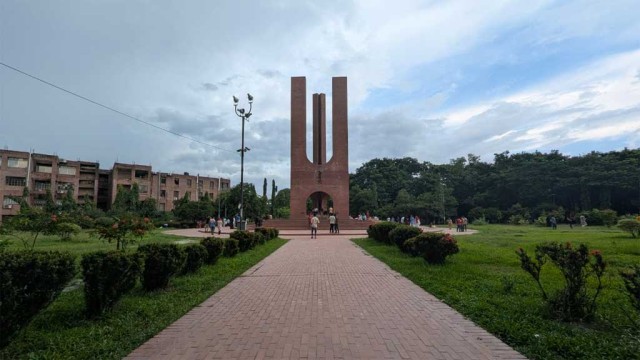
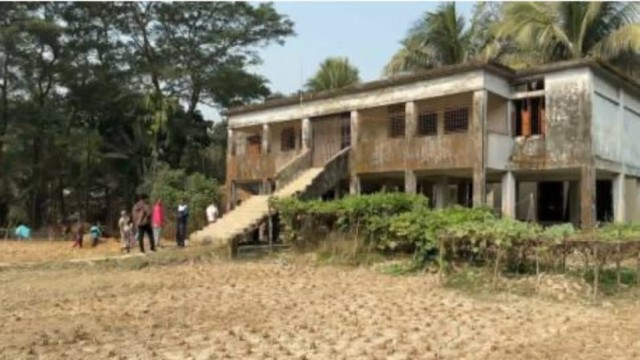
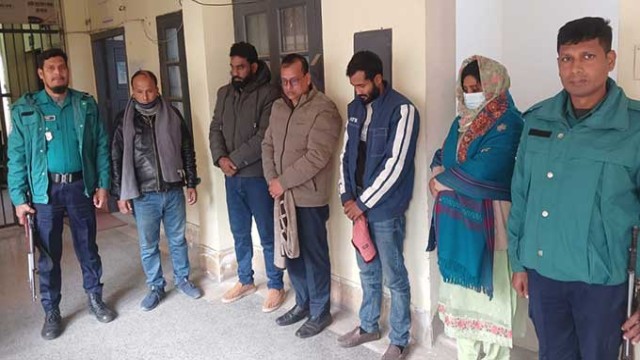
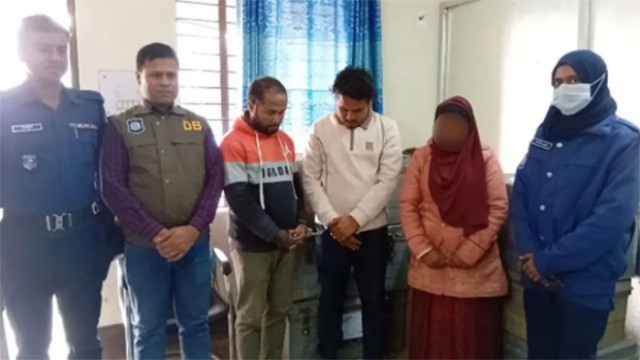
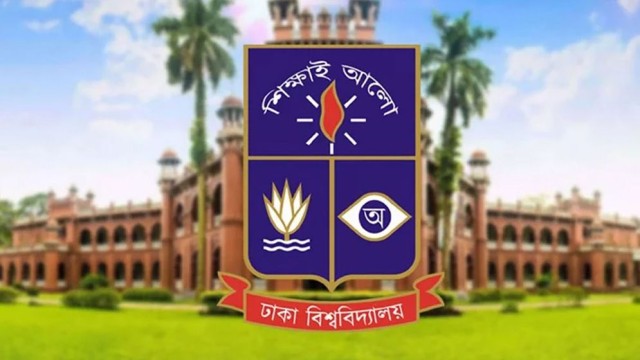
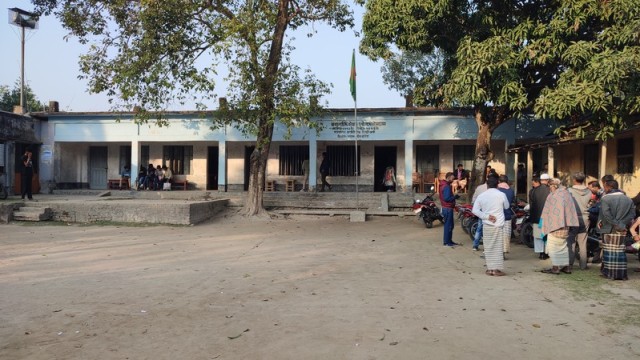
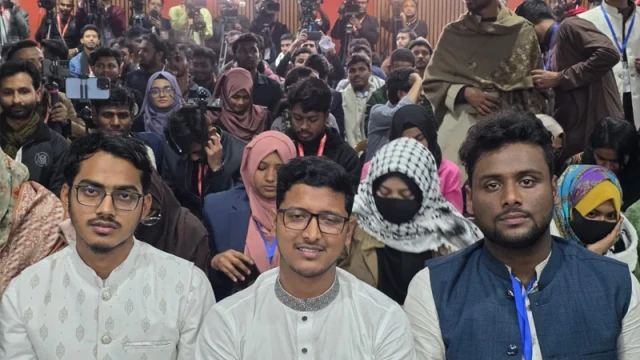

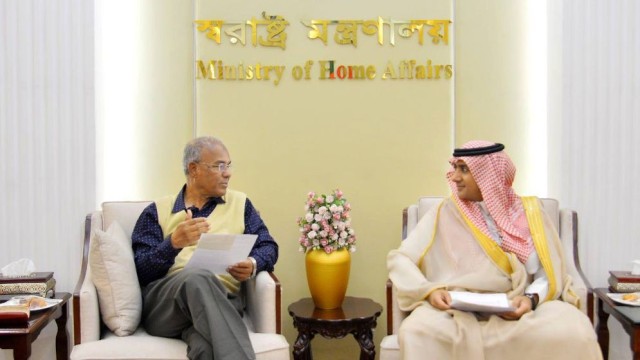
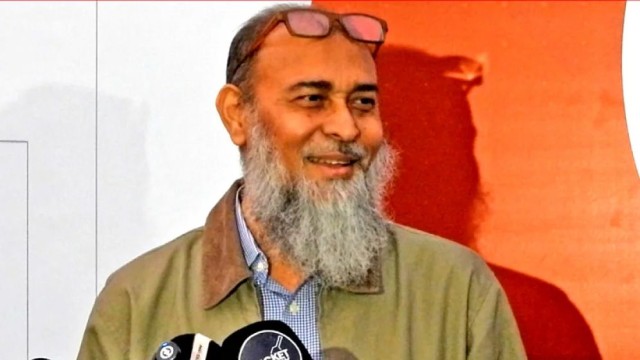
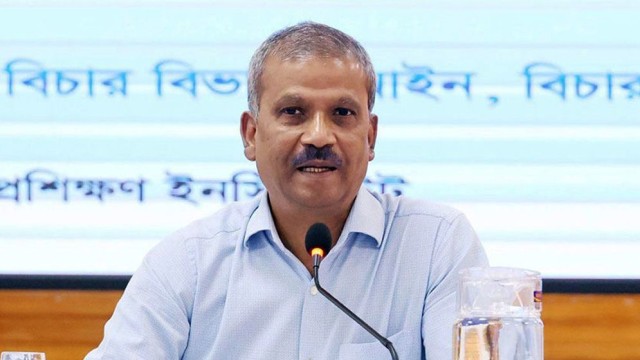

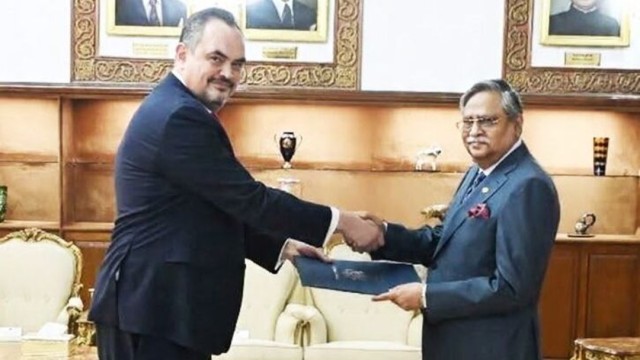
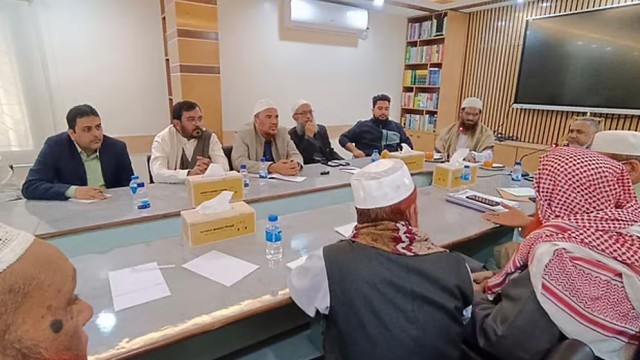

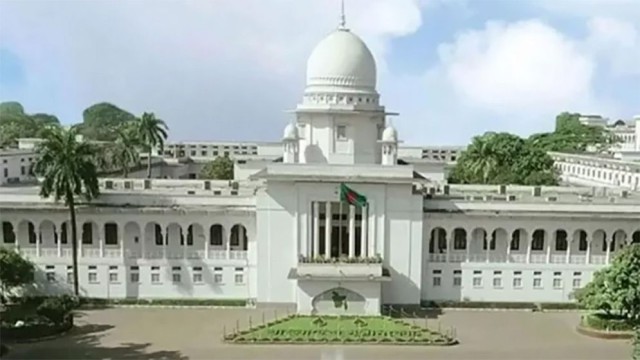


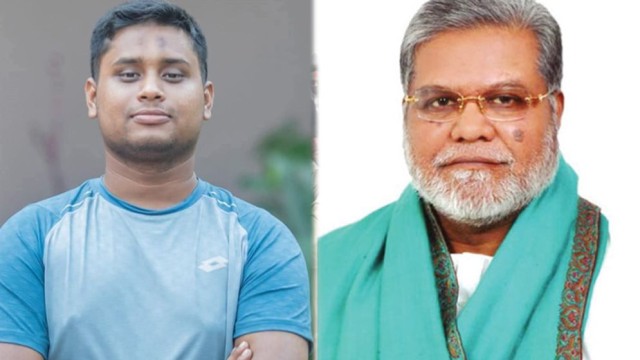
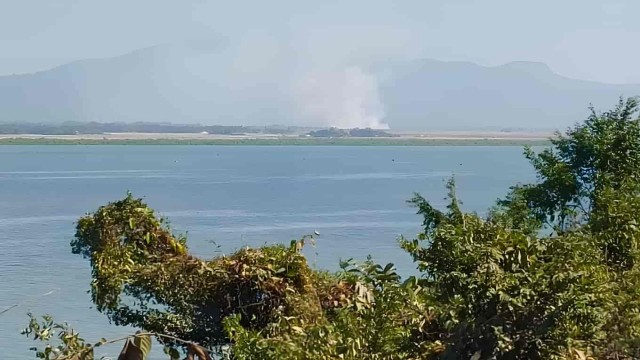


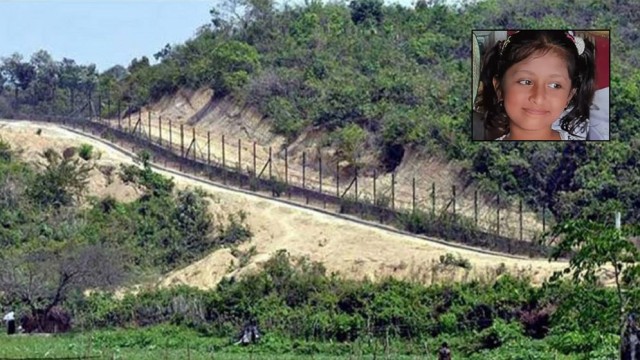
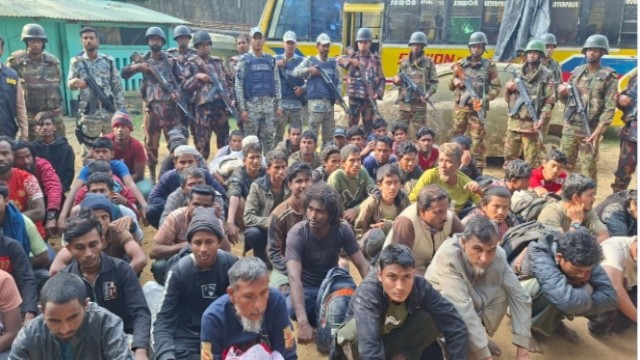
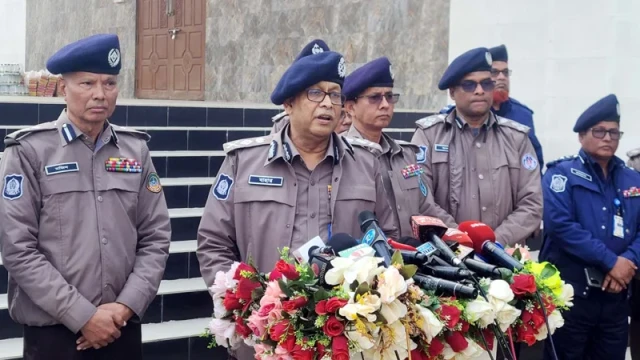
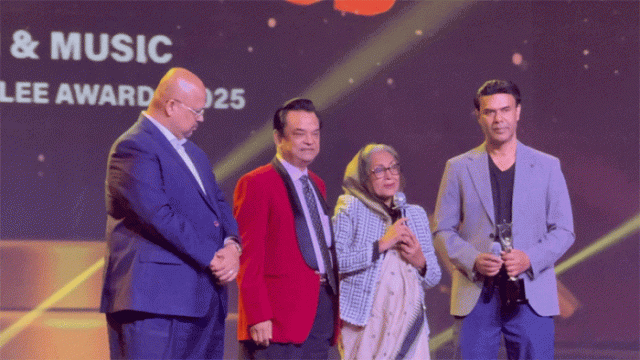
Comment: